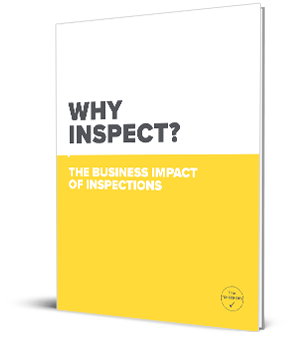Toolbox talks offer workers a powerful opportunity to engage in safety discussions actively. Unlike lengthy training sessions that may occur infrequently, these short meetings happen more regularly and allow immediate feedback and interaction. They serve as a platform for employees to share experiences, highlight potential risks, and suggest improvements, making safety a collective responsibility.
Complementing Formal Safety Training
While formal safety training programs lay the foundation of knowledge, Toolbox Talks reinforce and build upon that instruction. These meetings provide a regular reminder of safety protocols and keep safety in everyone's mind as they do their daily tasks. They allow for the introducing of new safety concepts or regulations and ensure that these additions are integrated into the daily routine.
Real-World Learning and Ongoing Development
Toolbox Talks bring safety lessons to life by relating them to the workers' experiences. Discussing real-world scenarios in which safety protocols are critical helps solidify understanding and recall of these practices. Encouraging workers to share their stories can lead to valuable insights and enhance the learning experience, making it more relevant and impactful.
Demonstrating Commitment and Fostering Open Dialogue
By incorporating regular Toolbox Talks into the work schedule, management actively demonstrates its commitment to safety. These talks underscore that a safe work environment is a high priority and that every team member's well-being matters. They also open channels for dialogue, allowing workers to express concerns or ideas in a comfortable setting, promoting trust and transparency throughout the organization.
Regular Toolbox Talks: A Path to Safer Workplaces
The consistent nature of Toolbox Talks is vital. It ensures that safety doesn't become a once-a-year discussion but a part of the daily conversation. This regularity helps to keep everyone aligned on safety goals and protocols, contributing to a safer and more informed workplace. These talks serve as a reminder that safety is not static but an evolving practice that requires attention and adaptation.
Conclusion: The Ripple Effects of Proactive Safety Discussions
When safety becomes a continuous conversation through Toolbox Talks, it creates a dynamic where the importance of safety is understood and shared among all team members. Regularly scheduled, concise discussions on safety issues ensure that safety is not a one-off agenda item but a central, enduring pillar of workplace culture.
Toolbox Talks set a standard for proactive safety management. These talks are conducted with a comprehensive safety program and complement regular workplace inspections and training modules, leading to a multifaceted approach to workplace safety. This approach reinforces the understanding that safety regulations are not just rules to be followed but are integral to the protection and efficiency of every person in the organization.
Toolbox Talks also infuse an element of ongoing learning into the workplace. Safety is not a set of static practices but a field of knowledge that evolves with the changing workplace environment and technology. This perspective encourages workers to stay updated on the latest safety trends, practices, and technologies, fostering continuous improvement and innovation in safety protocols.











